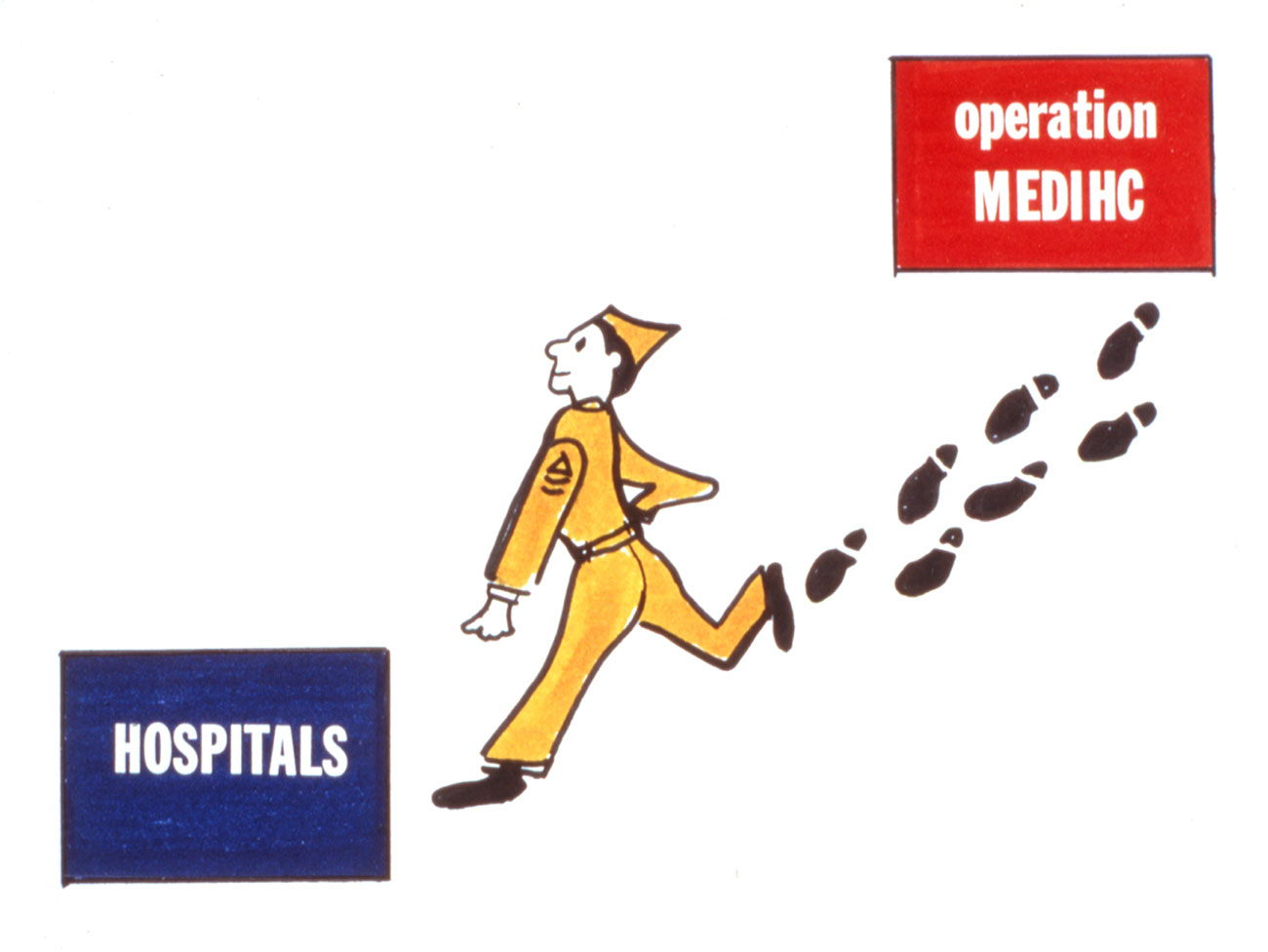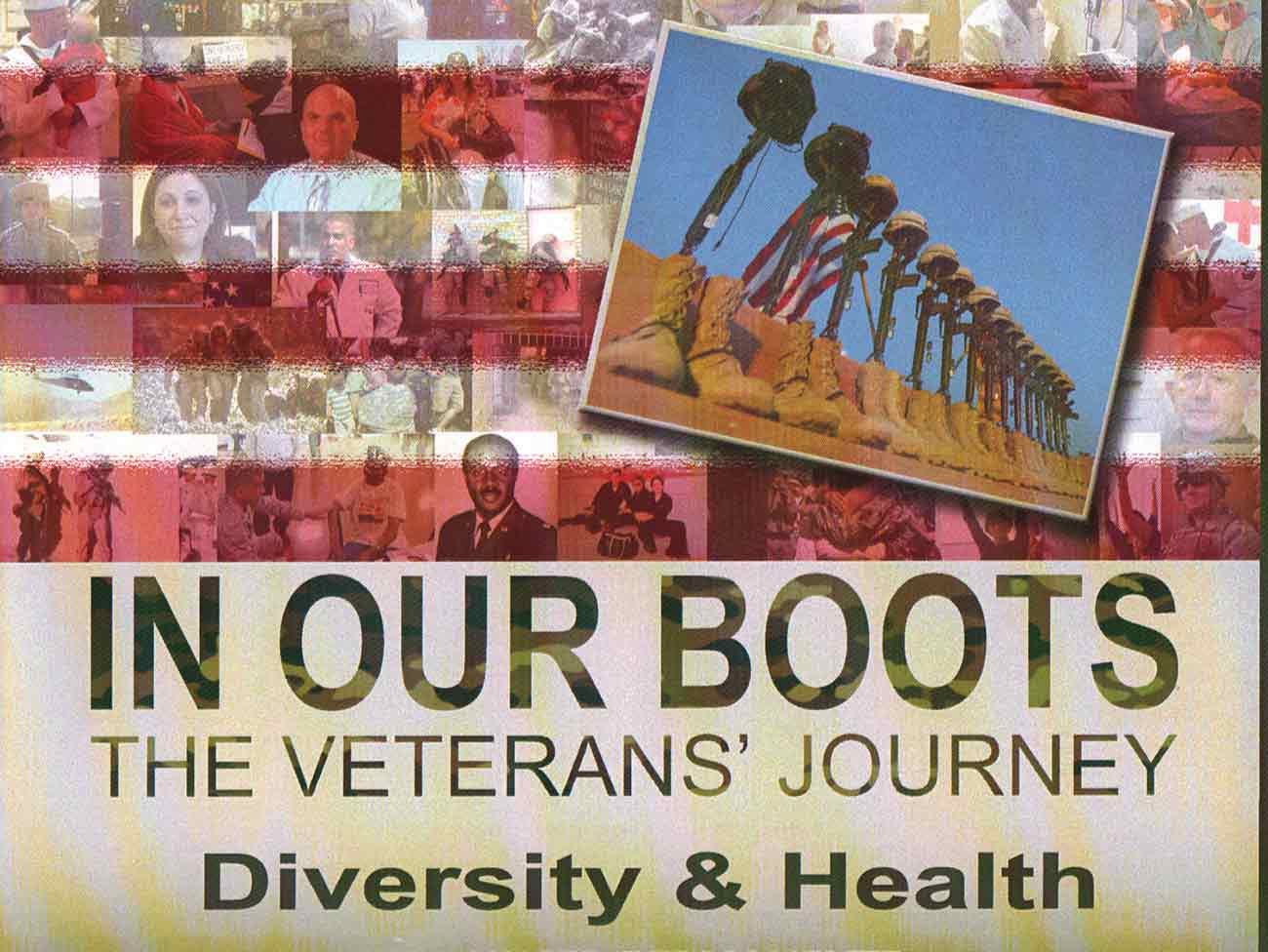Swords into stethoscopes — veterans in health professions
Kaiser Permanente has actively hired veterans in all capacities since World War II.
“Oxygen therapy is only one of the areas in which hospital corpsmen and medical specialists are trained in caring for hospital patients.” 1972 slide deck script
Studies on best places to work indicate that a diverse workforce brings strengths and opportunities to an organization, a fact that Kaiser Permanente has long understood. But implementing an effective program for recruiting and retaining a diverse workforce is not easy.
In the late 1960s, the United States was projected to see a severe national shortage of health care professionals. In 1969, the United States Department of Health, Education, and Welfare and the Department of Defense launched the Military Experience Directed Into Health Careers program to maximize civilian use of the professional skills veterans had acquired while in the military. Governor Ronald Reagan authorized MEDIHC in 1970 in California, and a year later Richard Nixon expanded it nationwide as part of a national health strategy.
Veterans who had received health care training in the military and ex-military personnel who were interested in civilian health careers were eligible for counseling and placement in a suitable training program or an opportunity leading to employment. MEDIHC provided no direct training, but connected veterans to academic and vocational health training programs. The effort was extended under the Veteran Health Care Expansion Act of 1973 and lasted into the early 1980s.
Kaiser Permanente has actively hired veterans in all capacities since World War II and was part of MEDIHC, recognizing the value of military veterans and that a diverse workforce complements the diversity of our membership.
But hiring veterans is only half the battle. Veterans come with special skills as well as special requirements — there are many stereotypes and misconceptions to overcome. Retention requires a strong human resources commitment and support from other veterans.
In 2015, Kaiser Permanente sought to strengthen its firm foundation for retaining the current generation of veterans with a 40-minute video called “In Our Boots — The Veterans' Journey.” The video was co-produced by Kaiser Permanente’s National Equity, Inclusion, and Diversity program and the National Compliance, Ethics, and Integrity offices.
The video was one of several produced for the Diversity & Health film series. “In Our Boots” offers concrete examples of best practices, such as not pressing for details about a veteran’s experiences, avoiding stereotypes, and listening with an open mind. The video was used across the organization to increase expertise in hiring veterans and supporting their transition to Kaiser Permanente.
Among the 10 featured veteran employees are Ronald Copeland, MD, FACS (U.S. Air Force Medical Corps), senior vice president and chief diversity and inclusion officer for Kaiser Permanente, and Joseph Monroe (U.S. Army 1995-2002), IT project coordinator for Kaiser Permanente in the Mid-Atlantic states.
The advice is straightforward and from the heart. “Military mentality is to break you down from the civilian world to make you a soldier,” Monroe explains. “Someone needs to break you down from a soldier to make you a civilian again.”
And in the video, Copeland advises that “there is a stereotype … about military veterans, this notion of command-and-control and only following orders … that is based on ignorance. We have many military veterans in our organization. We’re role models to demonstrate that’s not the case. And we can also help the organization appreciate the transferable skills that people cultivate and develop in a number of areas in the military that are very applicable to what we are trying to get done in the civilian sector.”
Kaiser Permanente’s efforts to recruit and retain veterans continues today. Marcus A. Williams, military and individuals with disabilities talent strategy leader in human resources, notes, “Kaiser Permanente values the extraordinary experiences veterans gain in the military, and we know that our organization will benefit from the many positive attributes and characteristics innate in our veterans. Through our outreach and support of the veterans, and due to our employees who are veterans and reservists, we have been recognized as a top Military Friendly Employer for 5 consecutive years.”
In 1972, one of the MEDIHC participants praised the program, saying “It has made me realize that the time I spent in the service was not wasted.” HR programs such as those at Kaiser Permanente continue to honor the sentiment of Henry J. Kaiser when he said, “If we can build ships, planes, tanks, guns, and bullets to protect our national security, can we not build hospitals and clinics to protect the lives of our people?”
-
Social Share
- Share Swords Into Stethoscopes — Veterans in Health Professions on Pinterest
- Share Swords Into Stethoscopes — Veterans in Health Professions on LinkedIn
- Share Swords Into Stethoscopes — Veterans in Health Professions on Twitter
- Share Swords Into Stethoscopes — Veterans in Health Professions on Facebook
- Print Swords Into Stethoscopes — Veterans in Health Professions
- Email Swords Into Stethoscopes — Veterans in Health Professions

November 4, 2025
A best place to work for veterans
As a 2025 top Military Friendly Employer, Kaiser Permanente supports veterans …
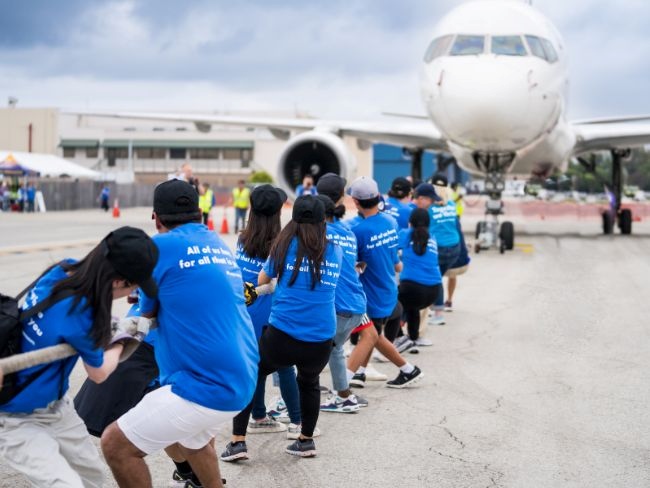
October 15, 2025
Kaiser Permanente shows up strong for the annual plane pull
Championing health equity and teamwork drives Kaiser Permanente’s support …
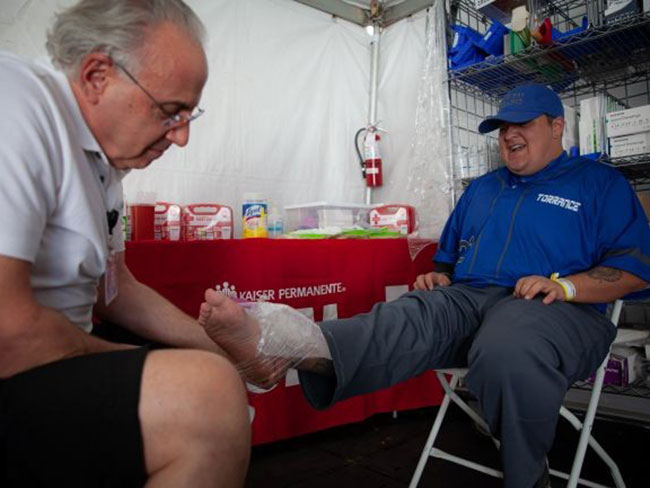
July 16, 2025
More than just a game
Kaiser Permanente partners with Special Olympics of Southern California …
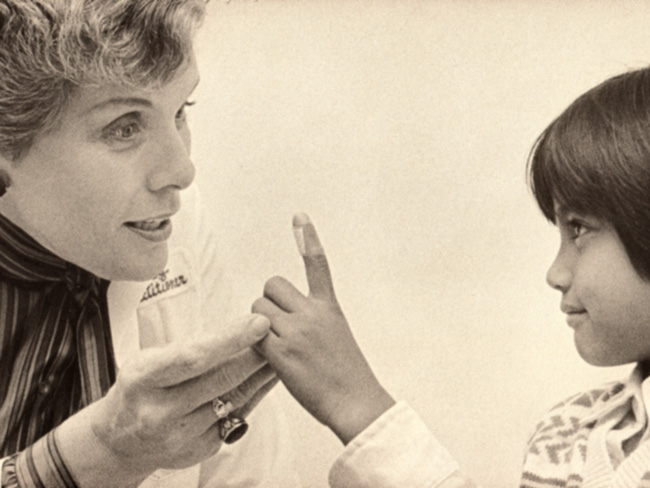
April 30, 2025
A history of trailblazing nurses
Nursing pioneers lay the foundation for the future of Kaiser Permanente …
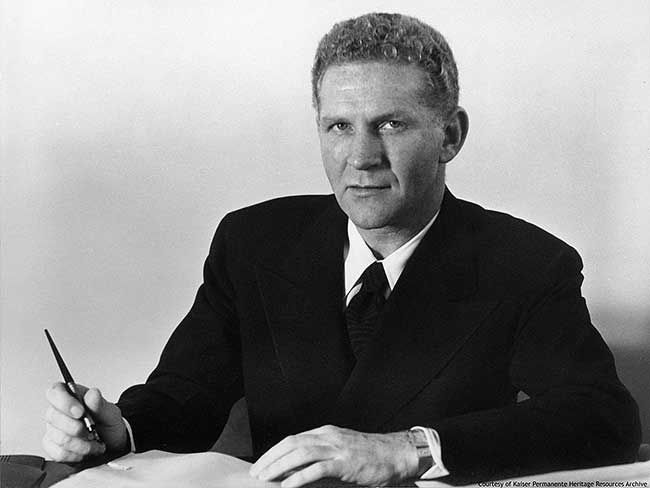
April 16, 2025
Sidney R. Garfield, MD: Pioneer of modern health care
Kaiser Permanente’s co-founding physician spread prepaid care and the idea …

March 27, 2025
We’re committed to mentorship, mental health, and communities
Kaiser Permanente awarded Elevate Your G.A.M.E. a grant to expand program …

March 25, 2025
AI in health care: 7 principles of responsible use
These guidelines ensure we use artificial intelligence tools that are safe …
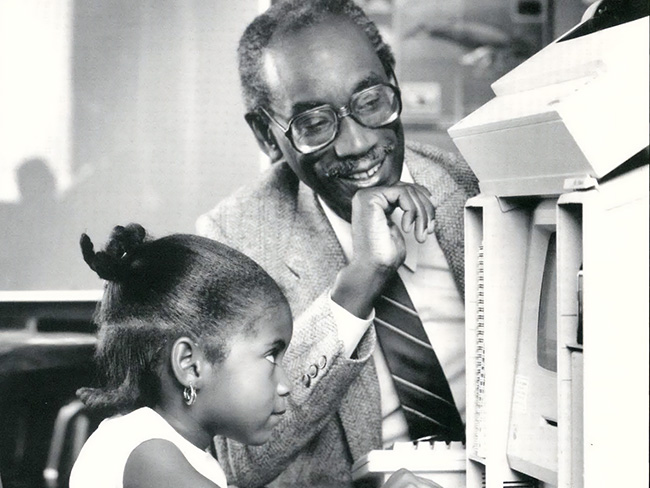
March 17, 2025
Remembering Bill Coggins and his lasting legacy
The founder of the Kaiser Permanente Watts Counseling and Learning Center …

December 26, 2024
Linking isolated communities to care
A collaborative partnership, powered by trusted nonprofit partners, brings …
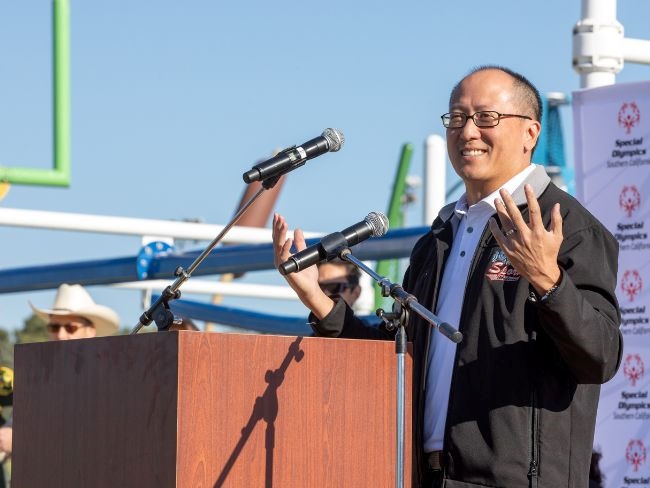
December 16, 2024
Helping to build and support inclusive communities
At the Special Olympics Southern California Fall Games, Kaiser Permanente …

November 11, 2024
Health care coverage now accessible to uninsured people
Indigenous farmworkers may qualify for new Kaiser Permanente coverage.

November 11, 2024
Medicare telehealth flexibilities should be here to stay
We urge Congress to extend policies that have improved access to care and …

October 15, 2024
Our dedication to fostering well-being and equity
The 2023 Kaiser Permanente Southern California Community Health County …

October 2, 2024
Honored for supporting people with disabilities
Leading U.S. disability organizations recognize Kaiser Permanente for supporting …

September 16, 2024
Voting affects the health of our communities
In honor of National Voter Registration Day, we encourage everyone who …

July 16, 2024
Teacher residency program improves retention and diversity
A $1.5 million Kaiser Permanente grant addresses Colorado teacher shortage …

July 2, 2024
Reducing cultural barriers to food security
To reduce barriers, Food Bank of the Rockies’ Culturally Responsive Food …

June 19, 2024
Investments in Black community promote total health for all
Funding from Kaiser Permanente in Washington helps to promote mental health, …
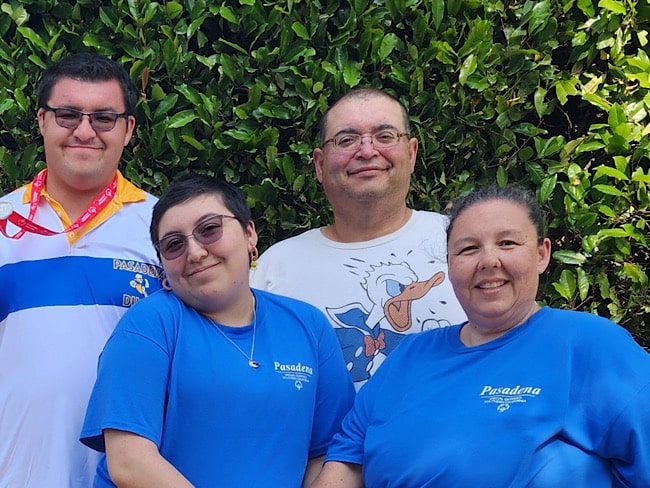
May 30, 2024
Special Olympics Summer Games: Will you play a part?
Kaiser Permanente employee Carrie Zaragoza volunteers for Special Olympics …

May 14, 2024
Recognized again for leadership in diversity and inclusion
Fair360 names Kaiser Permanente to its Top 50 Hall of Fame for the seventh …

May 7, 2024
Can the badly broken prescription drug market be fixed?
Prescription drugs are unaffordable for millions of people. With the right …
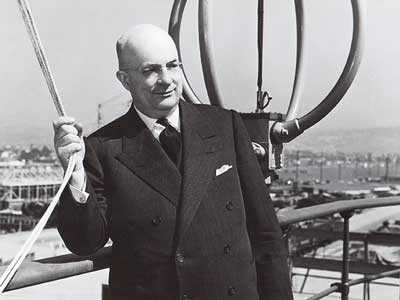
May 3, 2024
Henry J. Kaiser: America’s health care visionary
Kaiser was a major figure in the construction, engineering, and shipbuilding …

April 12, 2024
It’s time to address America’s Black maternal health crisis
Health care leaders and policymakers should each play their part to help …
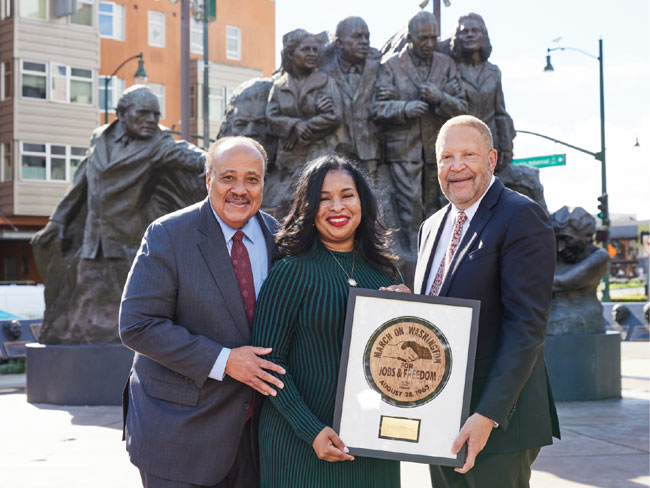
April 8, 2024
Martin Luther King Jr.’s dream is alive at Kaiser Permanente
Greg A. Adams, chair and chief executive officer of Kaiser Permanente, …

March 18, 2024
Program helps member prioritize her health
Medical Financial Assistance program supports access to health care.

March 6, 2024
Former employee honored for supporting South LA families
Bill Coggins, who founded the Kaiser Permanente Watts Counseling and Learning …
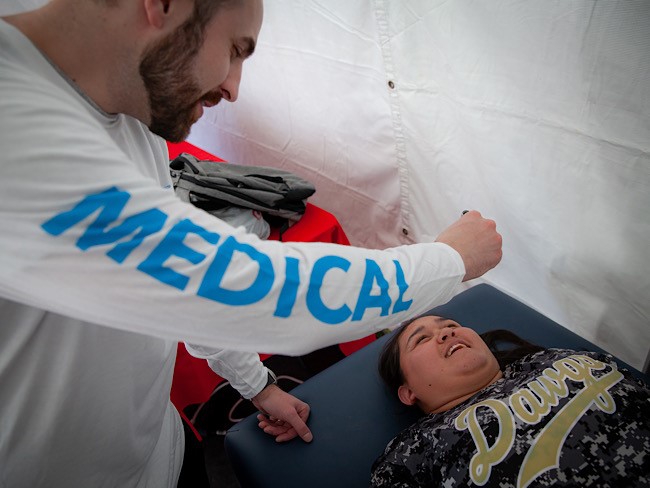
March 4, 2024
Taking care of Special Olympics athletes
Kaiser Permanente physicians and medical students provide medical exams …

February 13, 2024
A legacy of life-changing community support and partnership
The Kaiser Permanente Watts Counseling and Learning Center started as a …

February 2, 2024
Expanding medical, social, and educational services in Watts
Kaiser Permanente opens medical offices and a new home for the Watts Counseling …

December 20, 2023
Championing inclusivity at the Fall Games
Kaiser Permanente celebrates inclusion at Special Olympics Southern California …

December 7, 2023
Safe, secure housing is a must for health
We offer housing-related legal help to prevent evictions and remove barriers …
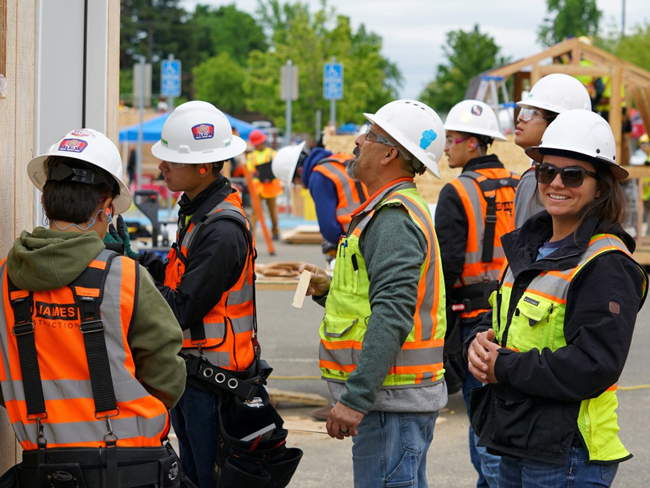
December 6, 2023
Solid foundation: How construction careers support health
Steady employment can improve a person's health and well-being. Our new …

November 1, 2023
Meet our 2023 to 2024 public health fellows
To help develop talented, diverse community leaders, Kaiser Permanente …
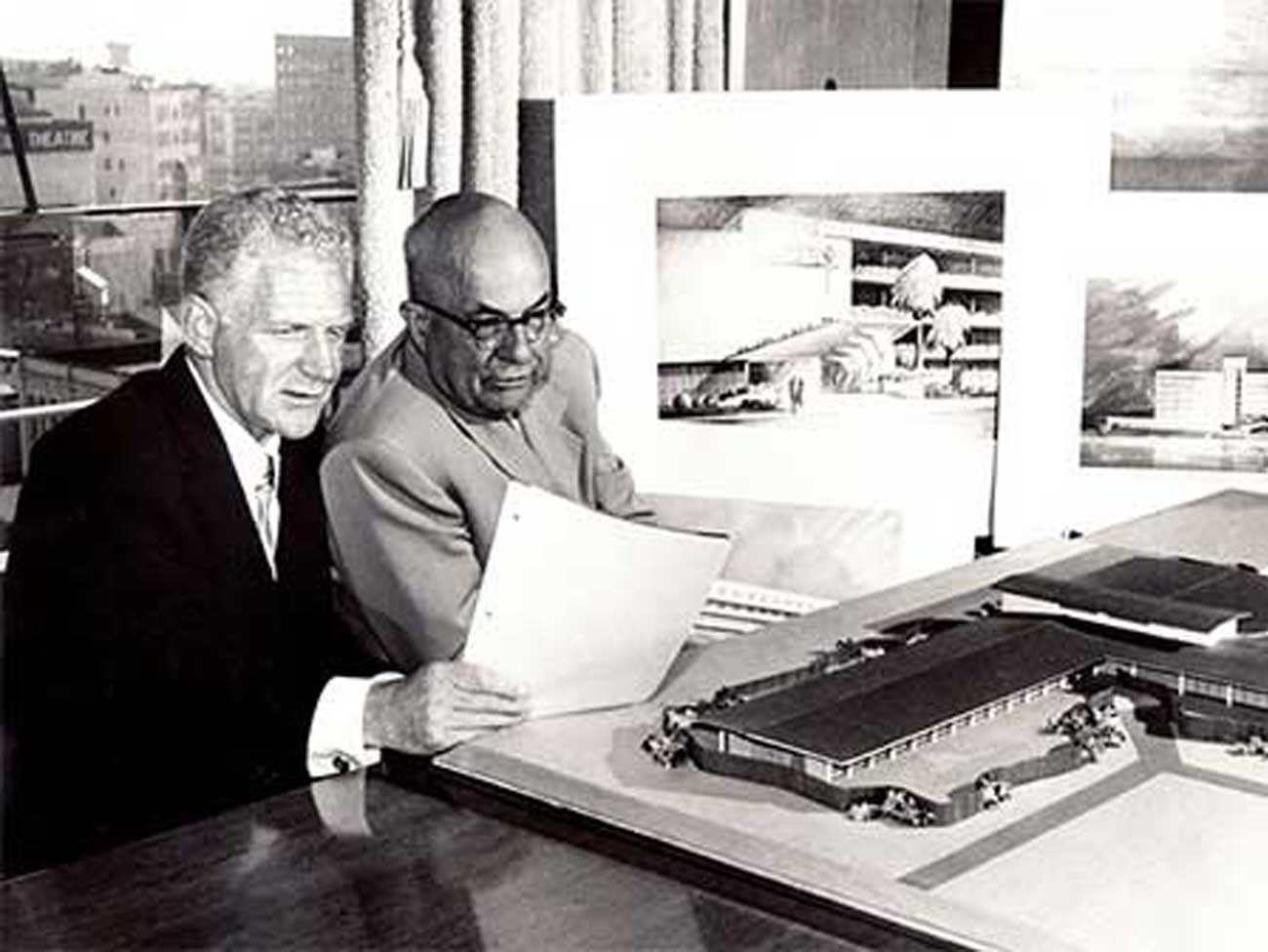
October 17, 2023
How Kaiser Permanente evolved
Sidney R. Garfield, MD, and Henry J. Kaiser came together to pioneer an …
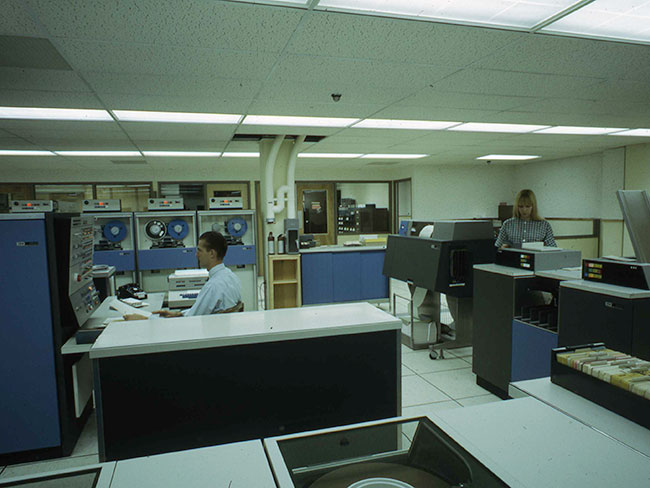
September 13, 2023
Transforming the medical record
Kaiser Permanente’s adoption of disruptive technology in the 1970s sparked …

August 15, 2023
'Hot-spot' strategy gets more Californians vaccinated
A new location-based vaccine strategy by Kaiser Permanente was successful …

August 10, 2023
Highlighting our community health work in Southern California
The Kaiser Permanente Southern California 2022 Community Health Snapshot …

August 2, 2023
Social health resources are just a click or call away
The Kaiser Permanente Community Support Hub can help members find community …
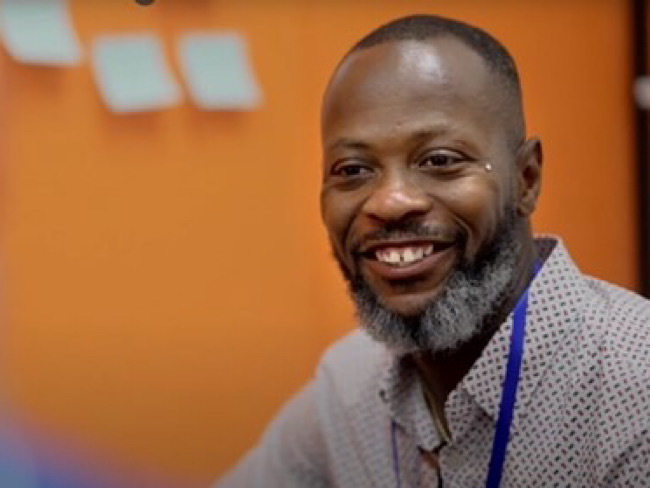
August 1, 2023
Joining forces to improve community health
The Kaiser Permanente and 211 LA partnership makes strides in improving …

June 30, 2023
Our response to Supreme Court ruling on LGBTQIA+ protections
Kaiser Permanente addresses the Supreme Court decision on LGBTQIA+ protections …

June 29, 2023
Our response to Supreme Court's ruling on affirmative action
Kaiser Permanente addresses the Supreme Court decision on affirmative action …

June 29, 2023
Special Olympics athletes go for the gold
Kaiser Permanente celebrated its sixth year as official health partner …
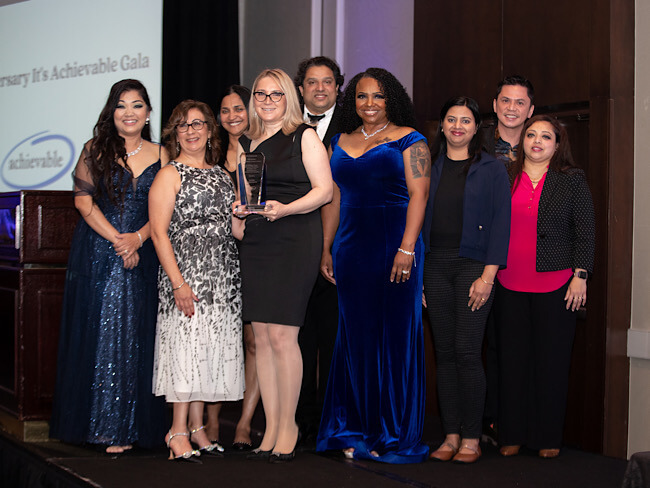
June 14, 2023
Honored for commitment to people with disabilities
The Achievable Foundation recognized Kaiser Permanente for its work to …

June 7, 2023
Engaging businesses for action on climate and health equity
New climate collaborative with BSR announced at joint Kaiser Permanente …

May 22, 2023
Investing and partnering to build healthier communities
Kaiser Permanente supports Asian Americans Advancing Justice to promote …

May 10, 2023
A workplace for all
We value and respect employees and physicians of all backgrounds, identities, …

May 10, 2023
Equity, inclusion, and diversity
We strive for equity and inclusion for all.
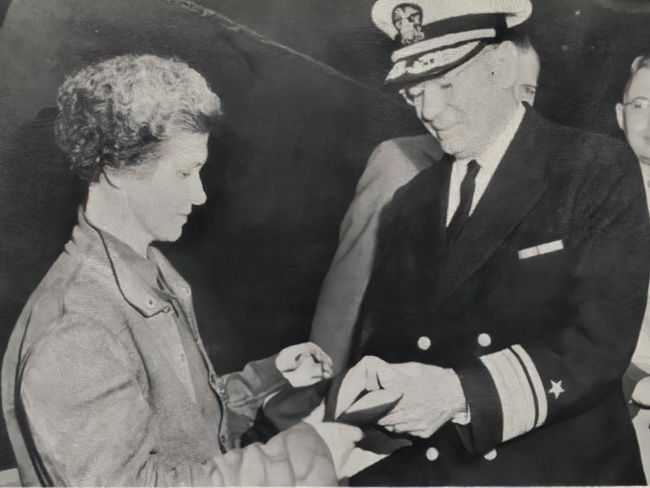
May 2, 2023
Women lead an industrial revolution at the Kaiser Shipyards
Early women workers at the Kaiser shipyards diversified home front World …
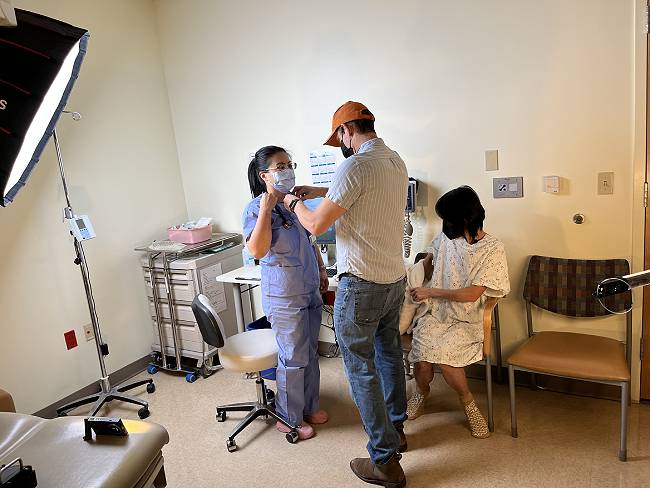
April 27, 2023
Inspiring students to pursue health care careers
Kaiser Permanente is confronting future health care staffing challenges …

April 25, 2023
Hannah Peters, MD, provides essential care to ‘Rosies’
When thousands of women industrial workers, often called “Rosies,” joined …

April 11, 2023
Collaboration is key to keeping people insured
With the COVID-19 public health emergency ending, states, community organizations, …

April 5, 2023
Housing help brings stability to patients’ lives
With medical-legal partnerships, we’re helping prevent evictions. Patients …
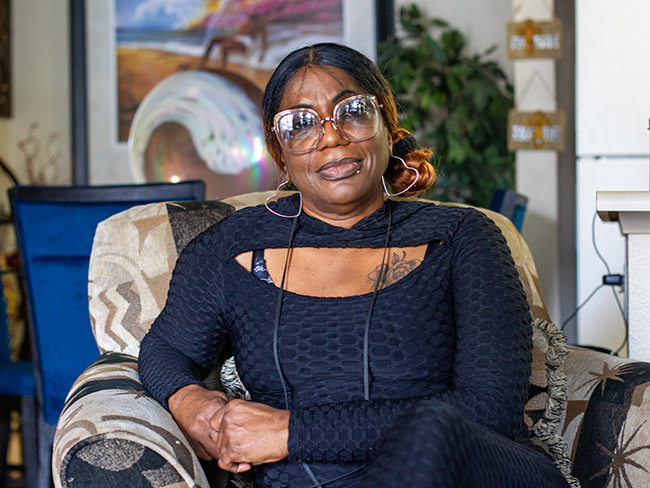
April 3, 2023
Hospital patients who are homeless connected to housing
A Kaiser Permanente program connects patients experiencing homelessness …

March 29, 2023
Supporting a safer future with public health
We’re partnering on 3 initiatives to strengthen public health in the United …

February 17, 2023
Good health starts in our communities: 2022 by the numbers
Kaiser Permanente supports total health in our communities in partnership …

January 17, 2023
Lawmakers must act to boost telehealth and digital equity
Making key pandemic-era telehealth policies permanent and ensuring more …

November 14, 2022
It’s time to rethink health care quality measurement
To meaningfully improve health equity, we must shift our focus to outcomes …

November 11, 2022
High-quality, equitable care
We believe everyone has a right to good health.
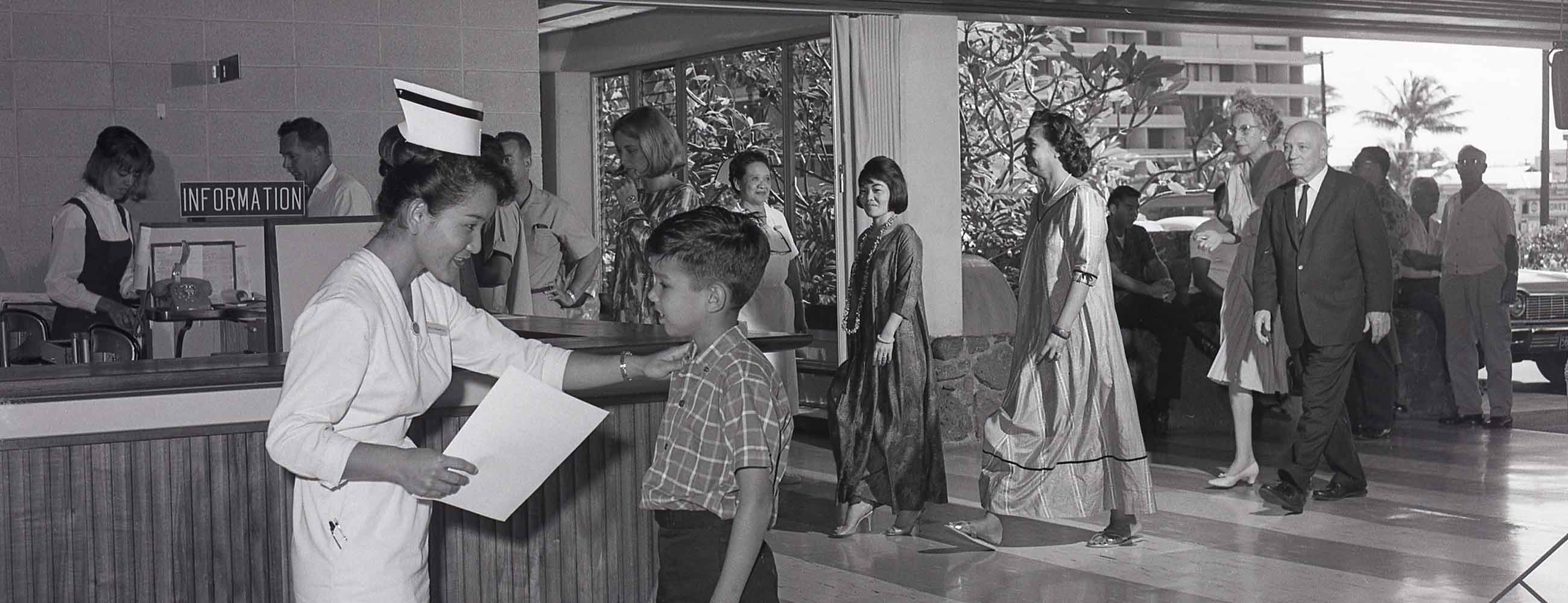
November 11, 2022
A history of leading the way
For over 75 innovative years, we have delivered high-quality and affordable …
November 11, 2022
Early leaders in equity and inclusion
Explore Kaiser Permanente’s commitment to equitable, culturally responsive …
November 11, 2022
Pioneers and groundbreakers
Learn about the trailblazers from Kaiser Permanente who shaped our legacy …
November 11, 2022
Our integrated care model
We’re different than other health plans, and that’s how we think health …
November 11, 2022
Our history
Kaiser Permanente’s groundbreaking integrated care model has evolved through …

November 8, 2022
Protecting access to medical care for legal immigrants
A statement of support from Kaiser Permanente chair and CEO Greg A. Adams …
October 14, 2022
Contact Heritage Resources
October 1, 2022
Innovation and research
Learn about our rich legacy of scientific research that spurred revolutionary …

July 29, 2022
Health care workforce
Strengthening America’s health care workforce
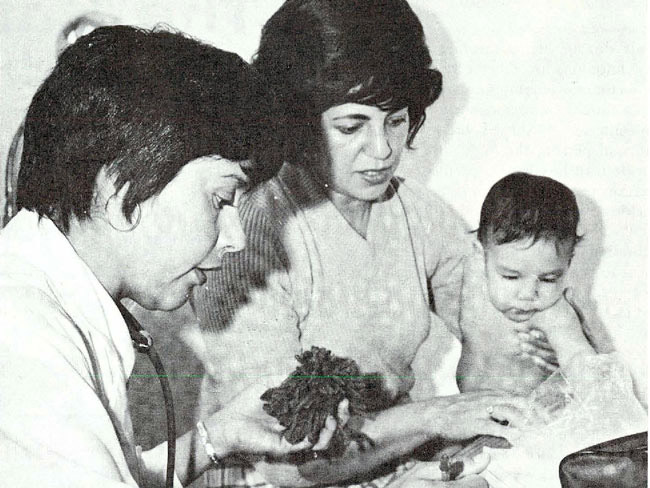
May 26, 2022
Nurse practitioners: Historical advances in nursing
A doctor shortage in the late 1960s and an innovative partnership helped …

March 22, 2022
Our commitment to equity and our LGBTQIA+ communities
A statement from chair and chief executive officer Greg A. Adams.

February 21, 2022
A best place to work for LGBTQ+ equality
Human Rights Campaign Foundation gives Kaiser Permanente another perfect …
February 14, 2022
Health care scholarships available
Kaiser Permanente in Hawaii to provide up to $100,000 in scholarships to …
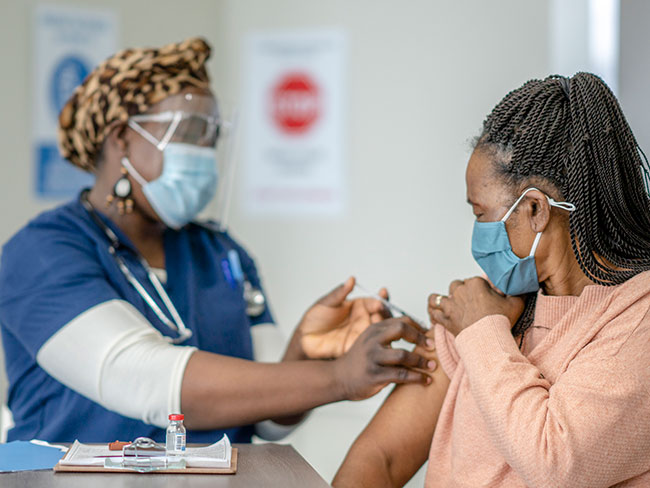
December 6, 2021
Faith leaders use trusted voices to encourage vaccination
Grants expand support for faith-based organizations working to protect …
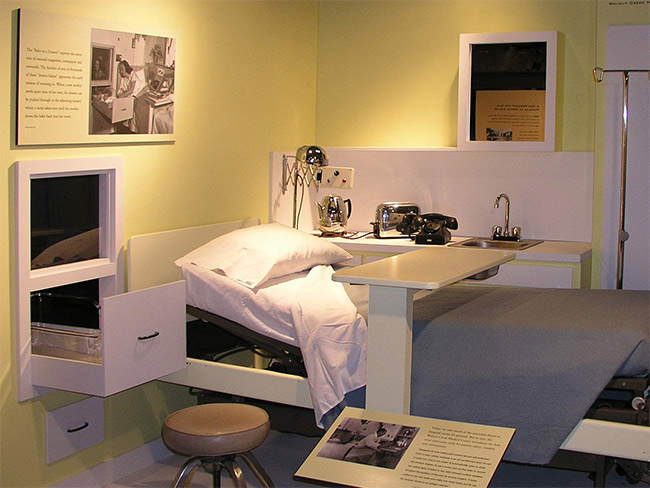
September 10, 2021
‘Baby in the drawer’ helped turn the tide for breastfeeding
This innovation in rooming-in allowed newborns to stay close to mothers …
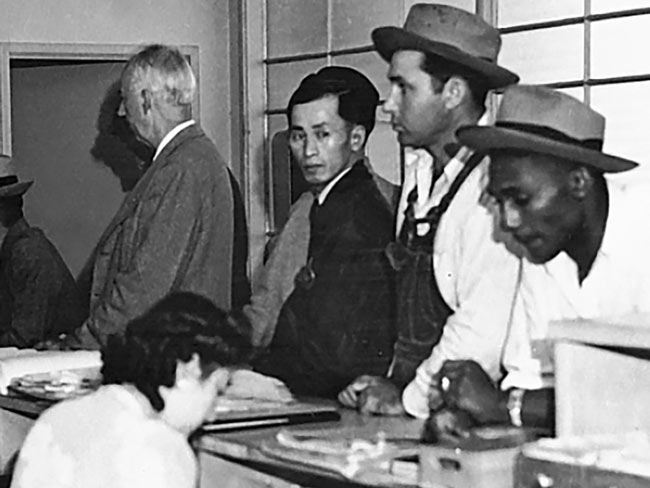
August 25, 2021
Kaiser Permanente’s history of nondiscrimination
Our principles of diversity and our inclusive care began during World War …
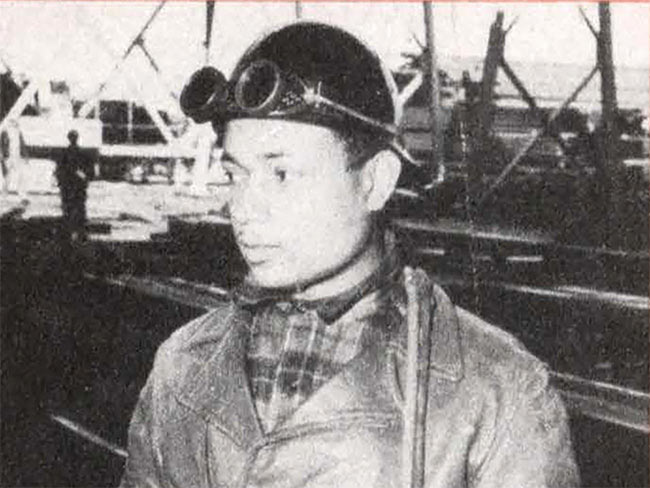
July 22, 2021
A long history of equity for workers with disabilities
In Henry J. Kaiser’s shipyards, workers were judged by their abilities, …
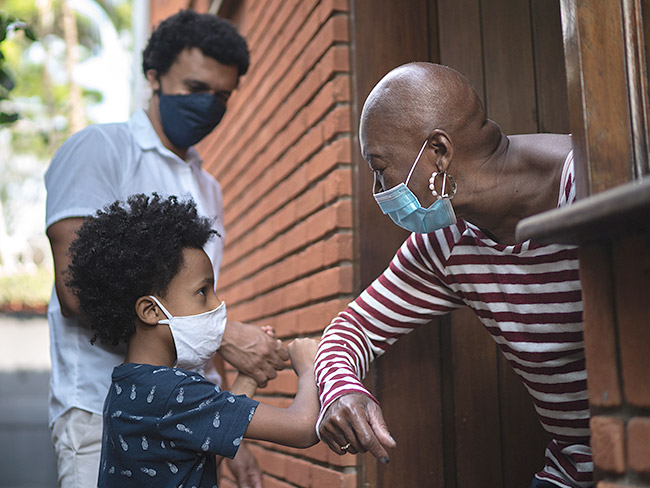
July 7, 2021
Achieving health equity
Equal medical care is not enough to end disparities in health outcomes.
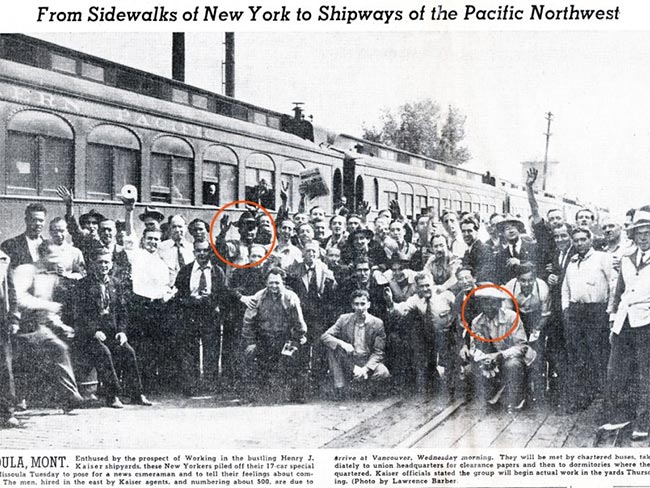
June 2, 2021
Path to employment: Black workers in Kaiser shipyards
Kaiser Permanente, Henry J. Kaiser’s sole remaining institutional legacy, …

May 24, 2021
Supporting access to telehealth for vulnerable populations
Kaiser Permanente grants help fund community organizations working to expand …
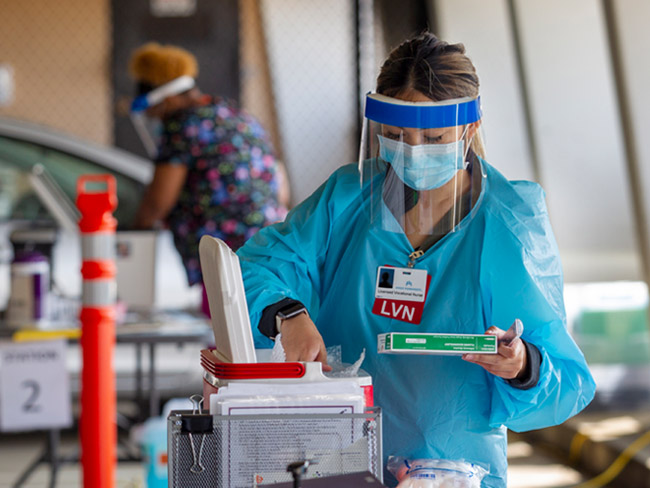
March 23, 2021
Vaccine Equity Toolkit will help address equitable access
As vaccines bring hope to end the pandemic, Kaiser Permanente’s toolkit …
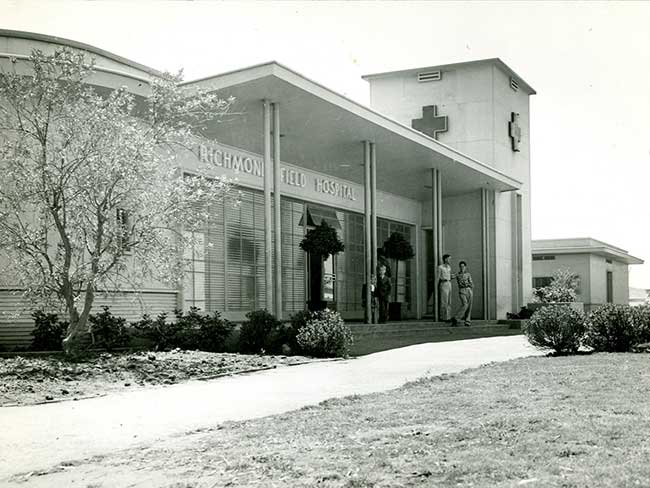
February 22, 2021
The Permanente Richmond Field Hospital
Forlorn and all but forgotten, it played a proud role during the World …
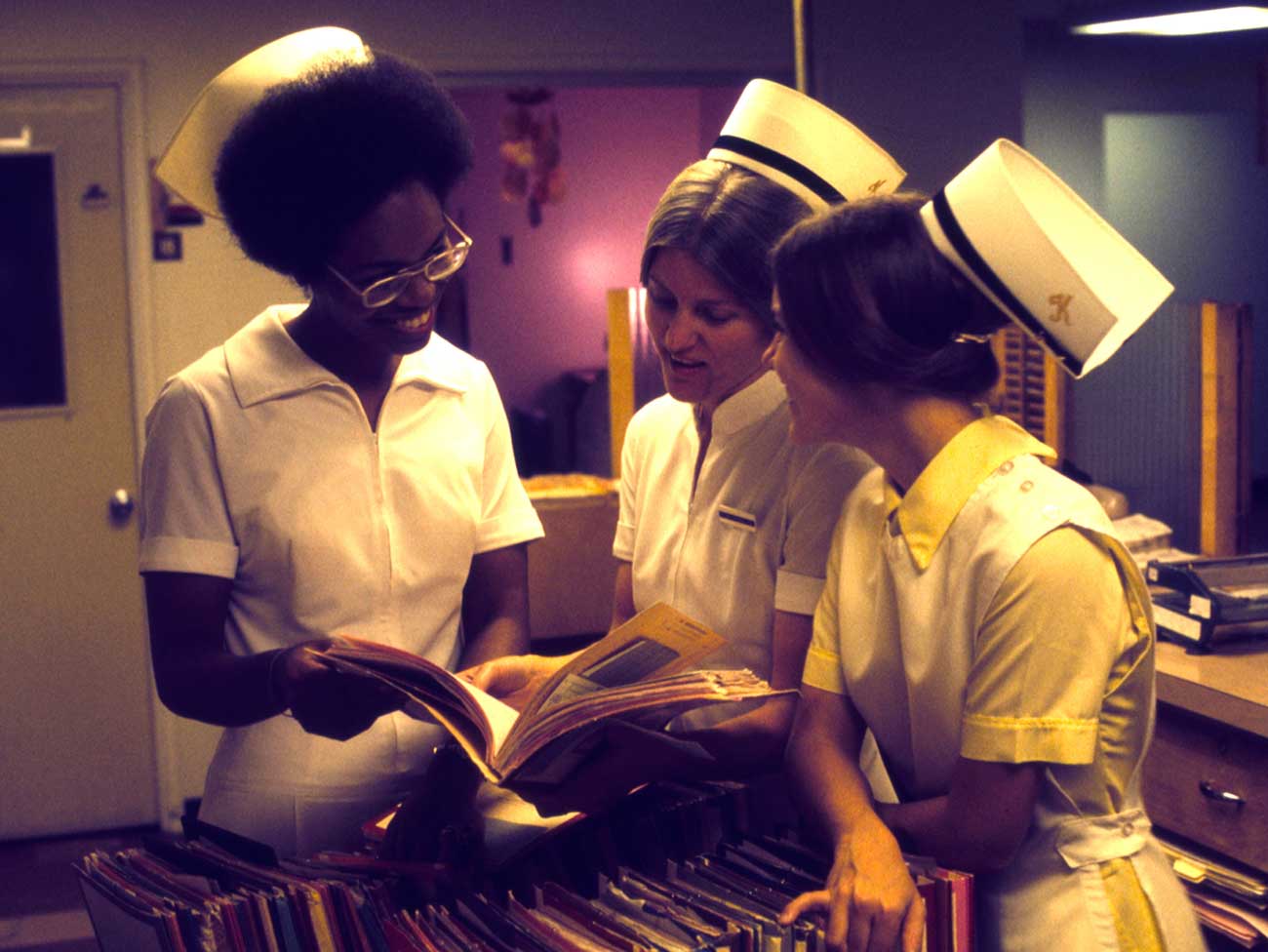
September 28, 2020
A legacy of disruptive innovation
Proceeds from a new book detailing the history of the Kaiser Foundation …
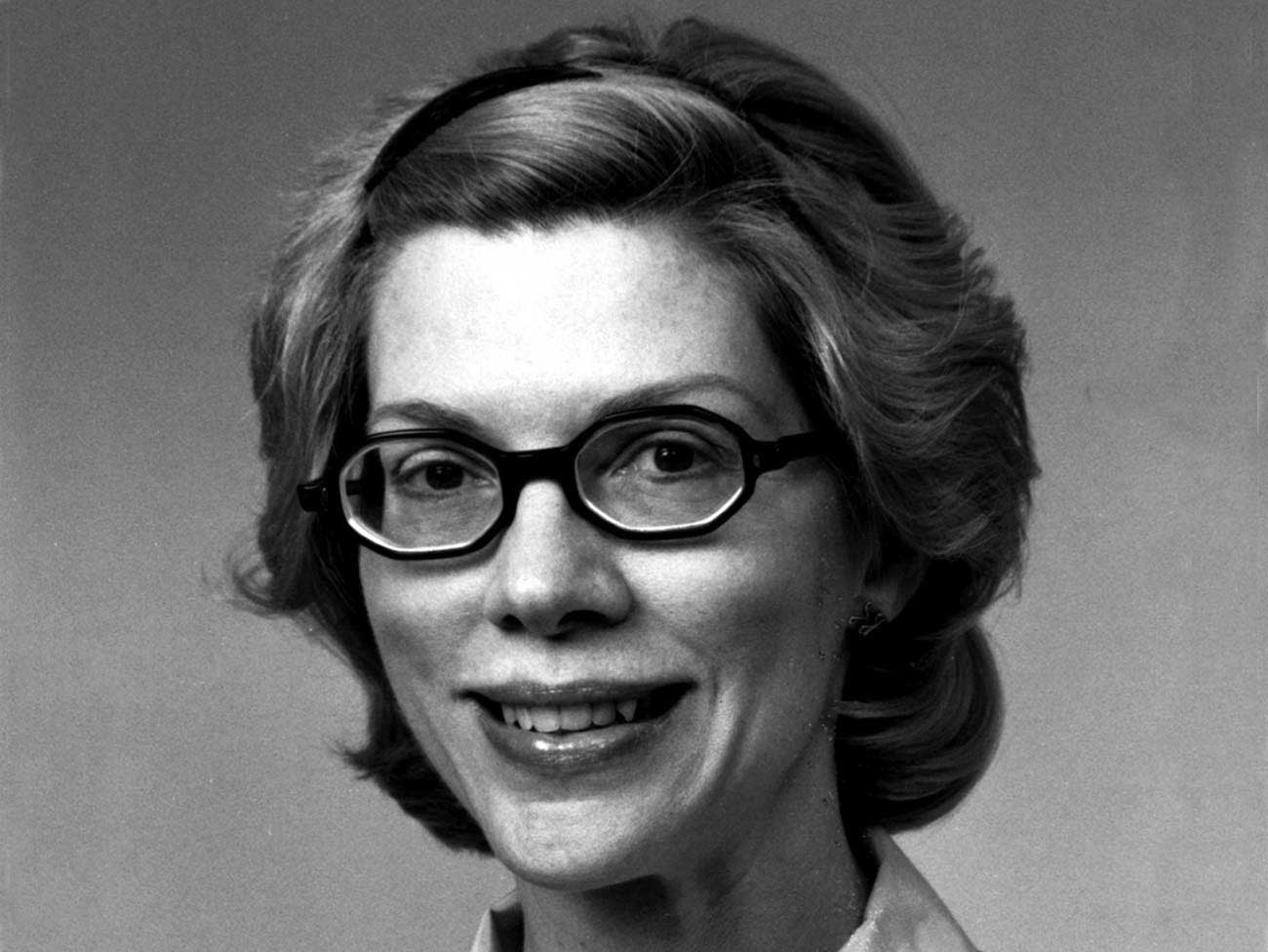
August 26, 2020
Kaiser Permanente’s pioneering nurse-midwives
The 1970s nurse-midwife movement transformed delivery practices.
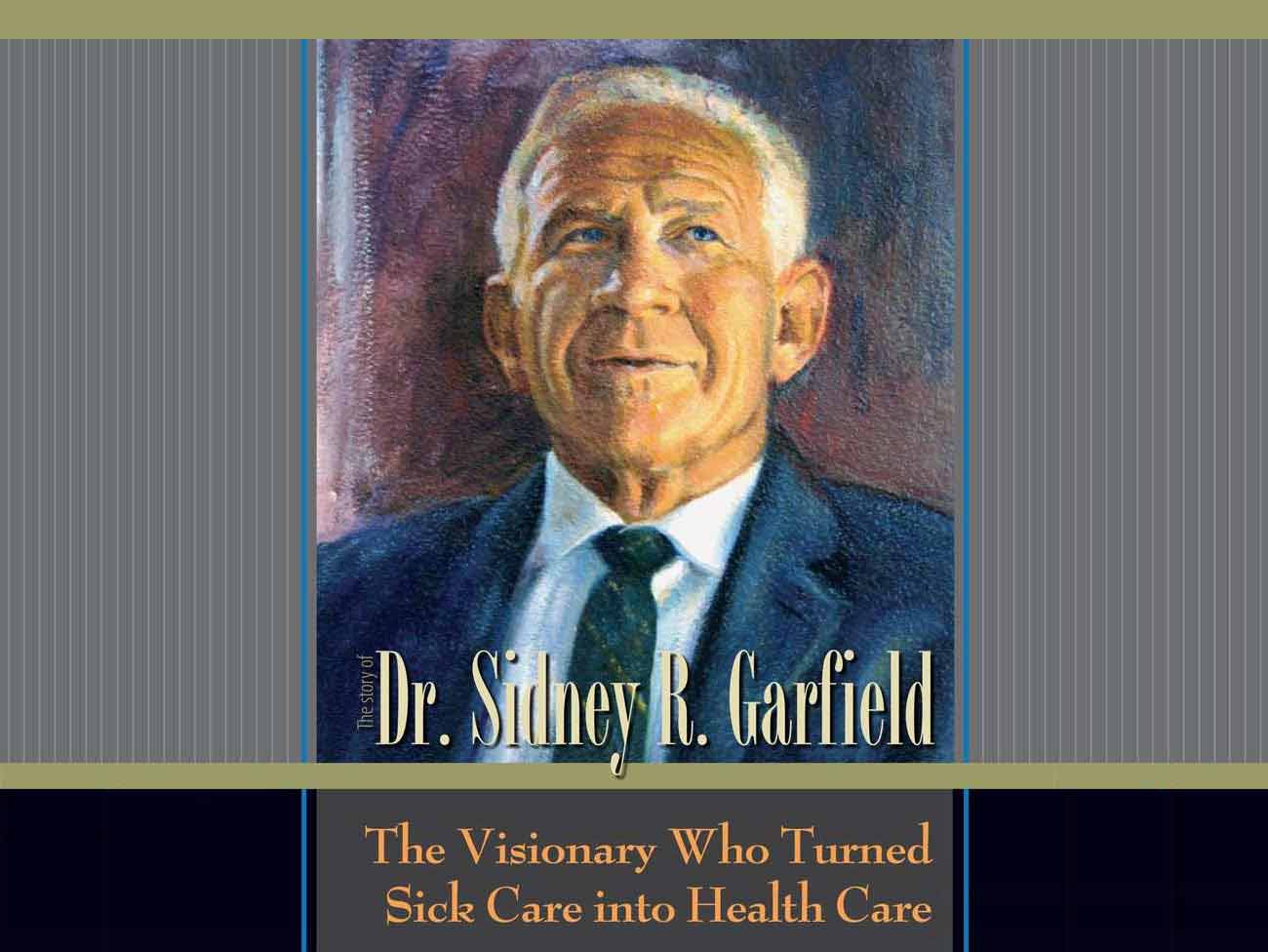
July 30, 2020
Books and publications about our history
Interested in learning more about the history of Kaiser Permanente and …
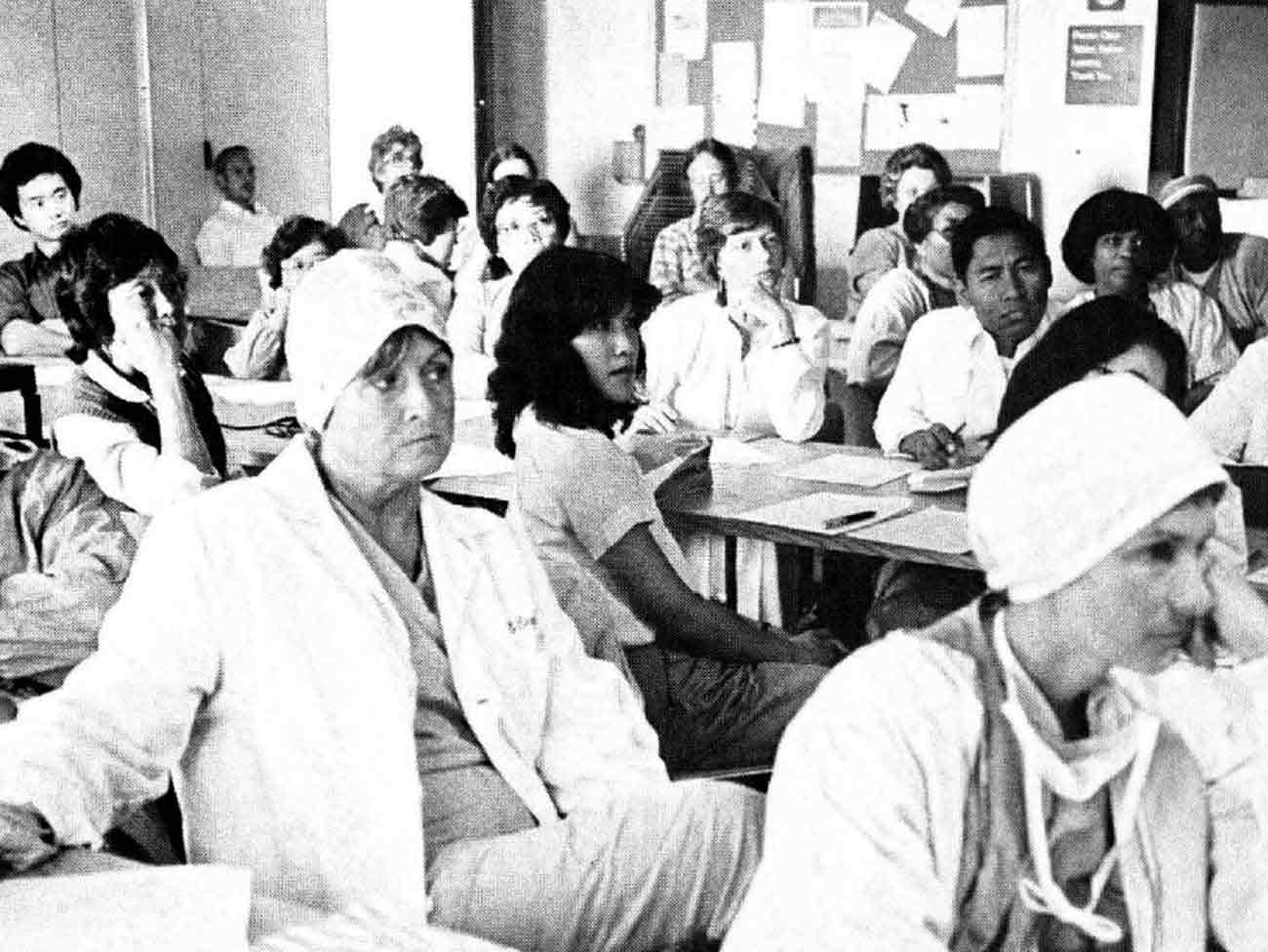
May 18, 2020
Nurses step up in crises
Kaiser Permanente nurses have been saving lives on the front lines since …
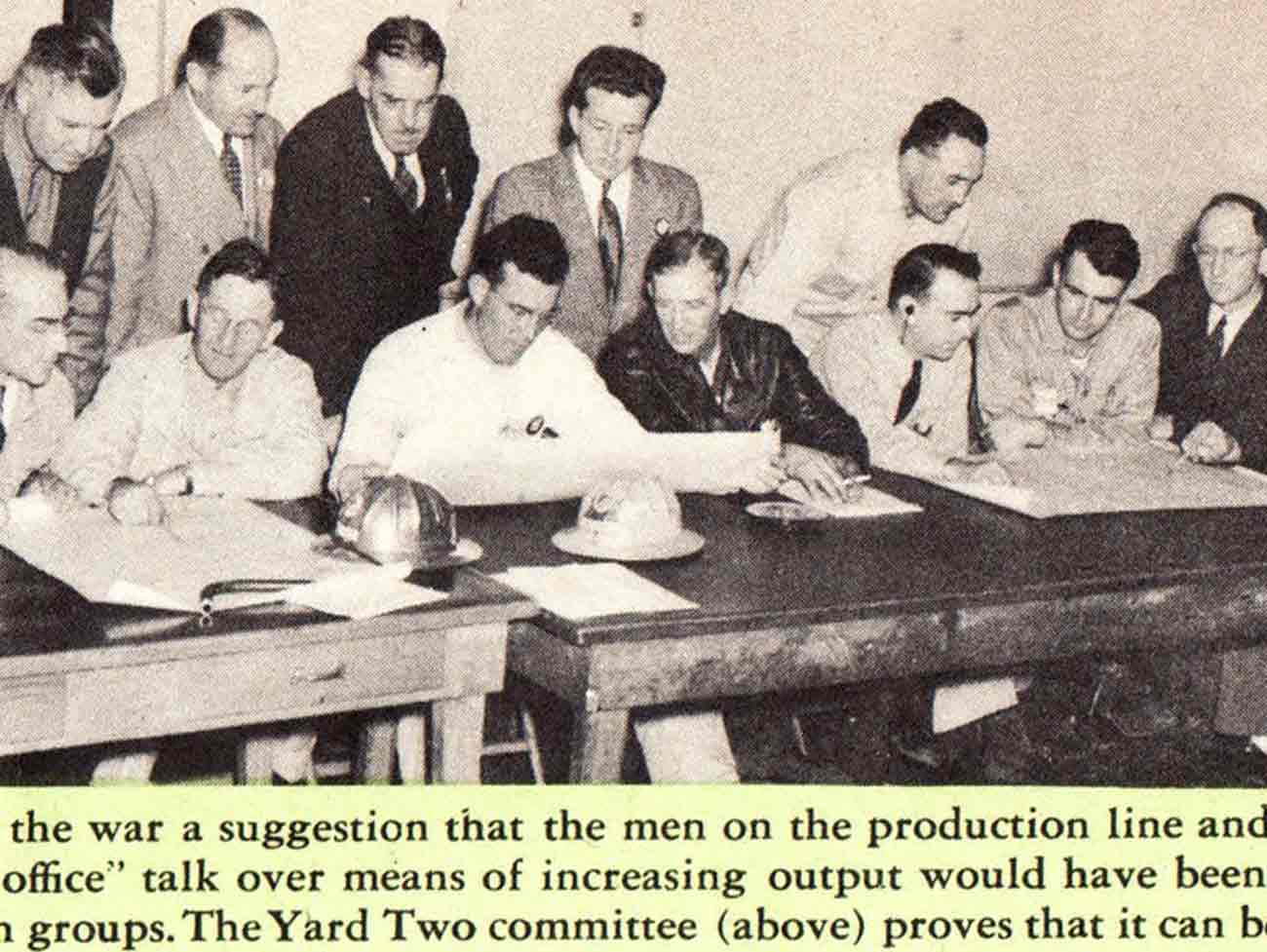
August 28, 2019
When labor and management work side by side
From war-era labor-management committees to today’s unit-based teams, cooperation …
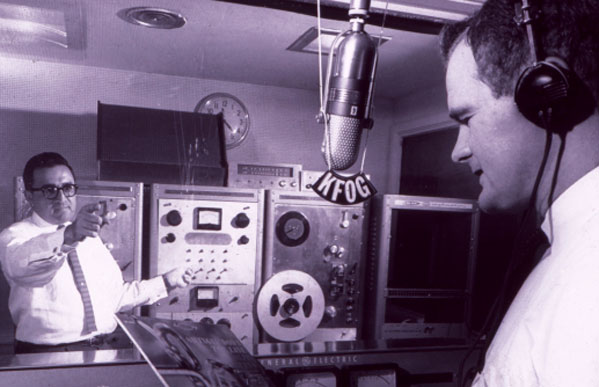
August 2, 2019
Thriving with 1960s-launched KFOG radio
Kaiser Broadcasting radio connected listeners, while TV stations brought …
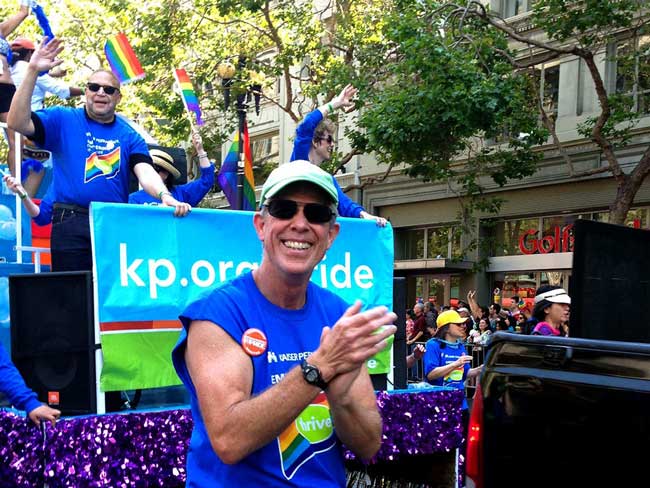
June 5, 2019
Breaking LGBT barriers for Kaiser Permanente employees
“We managed to ultimately break through that barrier.” — Kaiser Permanente …
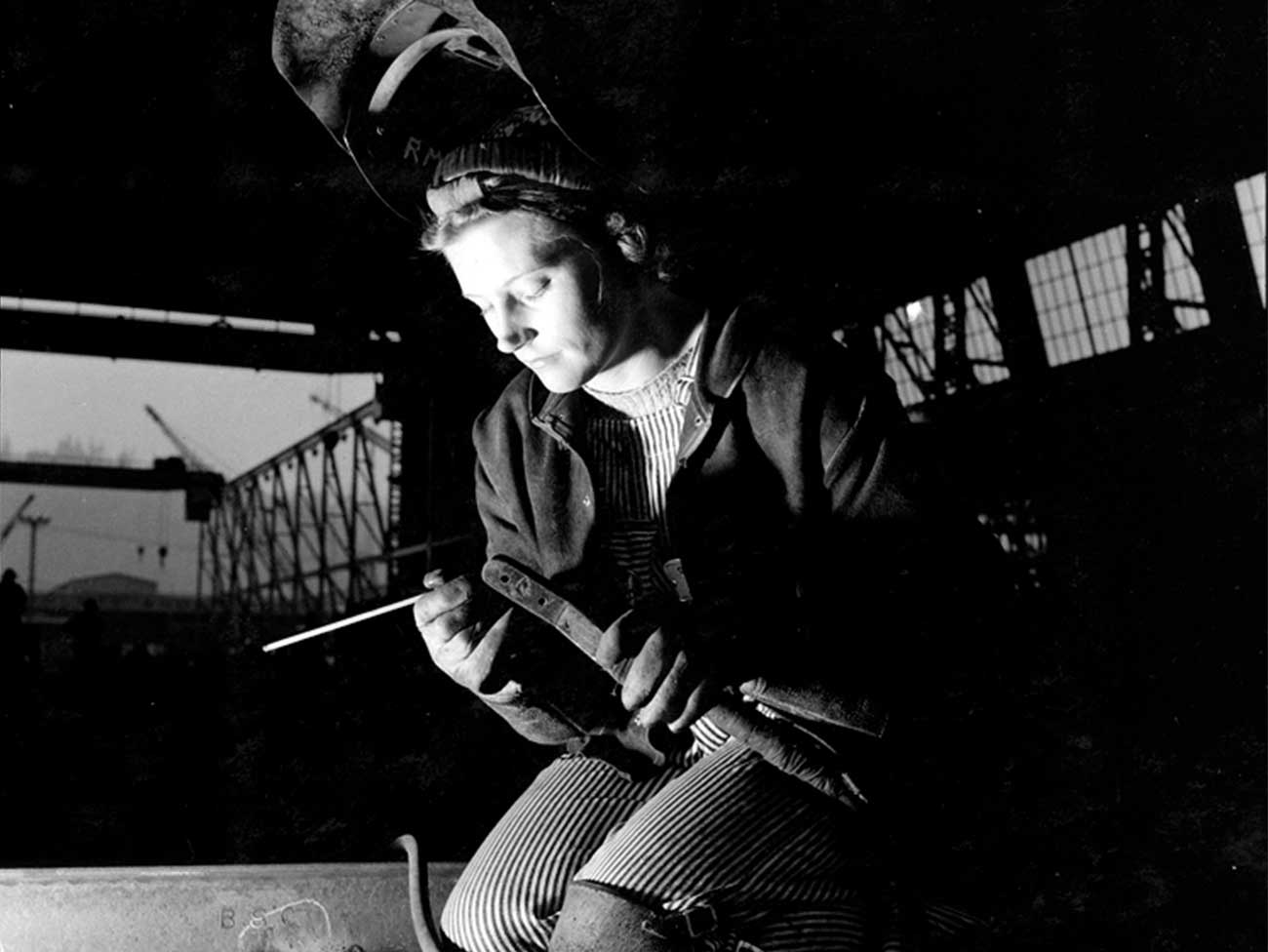
March 29, 2019
Equal pay for equal work
Kaiser shipyards in Oregon hired the first 2 female welders at equal pay …
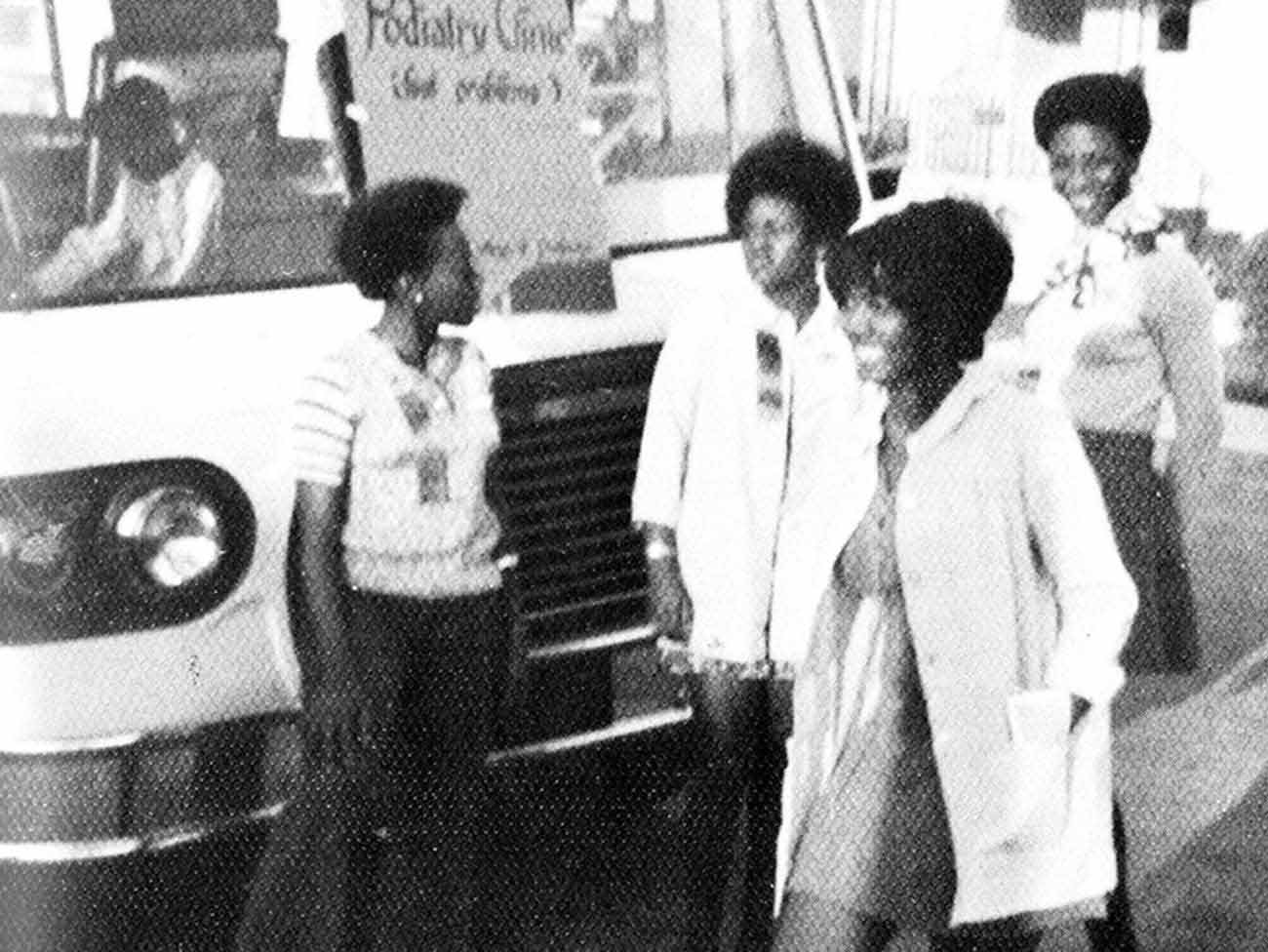
February 5, 2019
Mobile clinics: 'Health on wheels'
Kaiser Permanente mobile health vehicles brought care to people, closing …
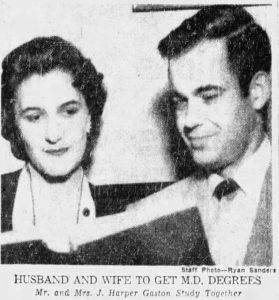
December 10, 2018
Southern comfort — Dr. Gaston and The Southeast Permanente Medical Group
Local Atlanta physicians built community relationships to start Kaiser …
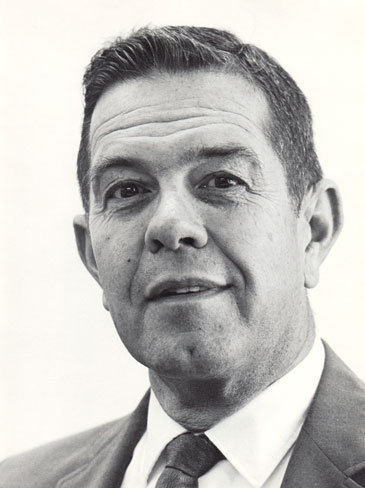
May 30, 2018
John Graham Smillie, MD, pediatrician and innovator
Celebrating the life of a pioneering pediatrician who inspired the baby …
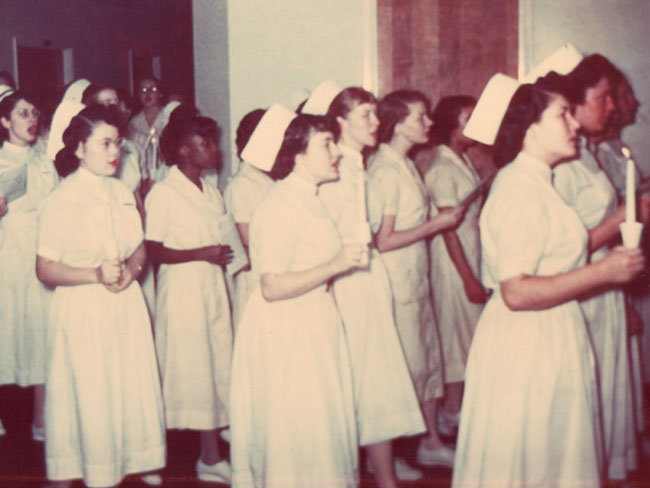
April 30, 2018
Nursing pioneers leads to a legacy of leadership
Kaiser Foundation School of Nursing students learned a new philosophy emphasizing …

April 19, 2018
Wasting nothing: Recycling then and now
Environmentalism was a common practice at the Kaiser shipyards long before …
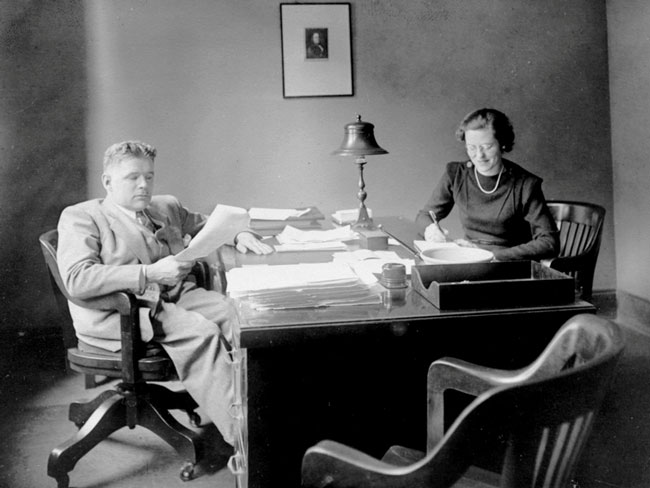
April 12, 2018
Harold Hatch, health insurance visionary
The founding of Kaiser Permanente's concept of prepaid health care in the …
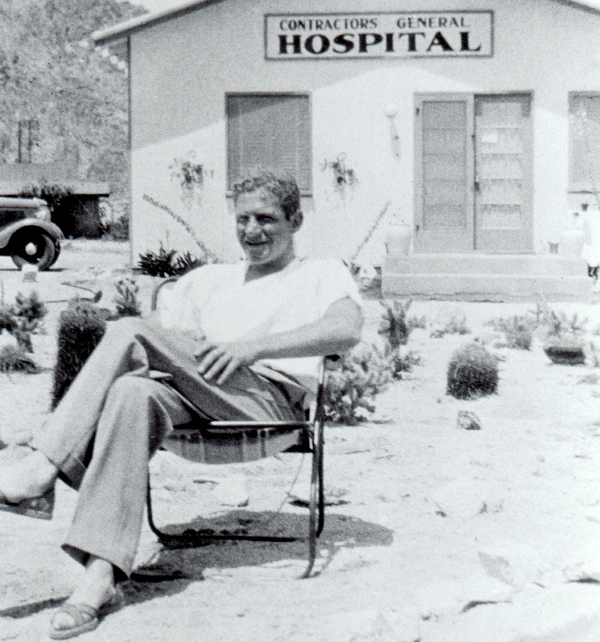
March 26, 2018
5 physicians who made a difference
Meet 5 outstanding doctors who advanced the practice of medical care with …
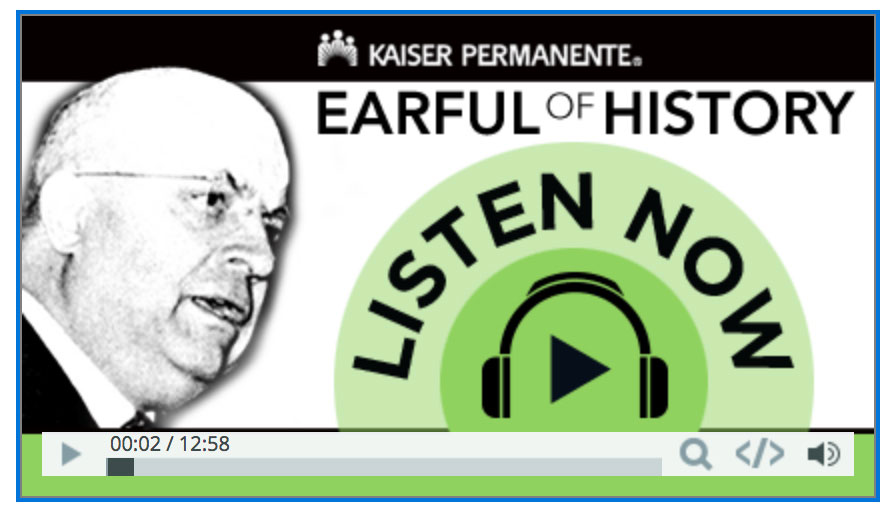
March 13, 2018
Henry J. Kaiser and the new economics of medical care
Kaiser Permanente’s co-founder talks about the importance of building hospitals …
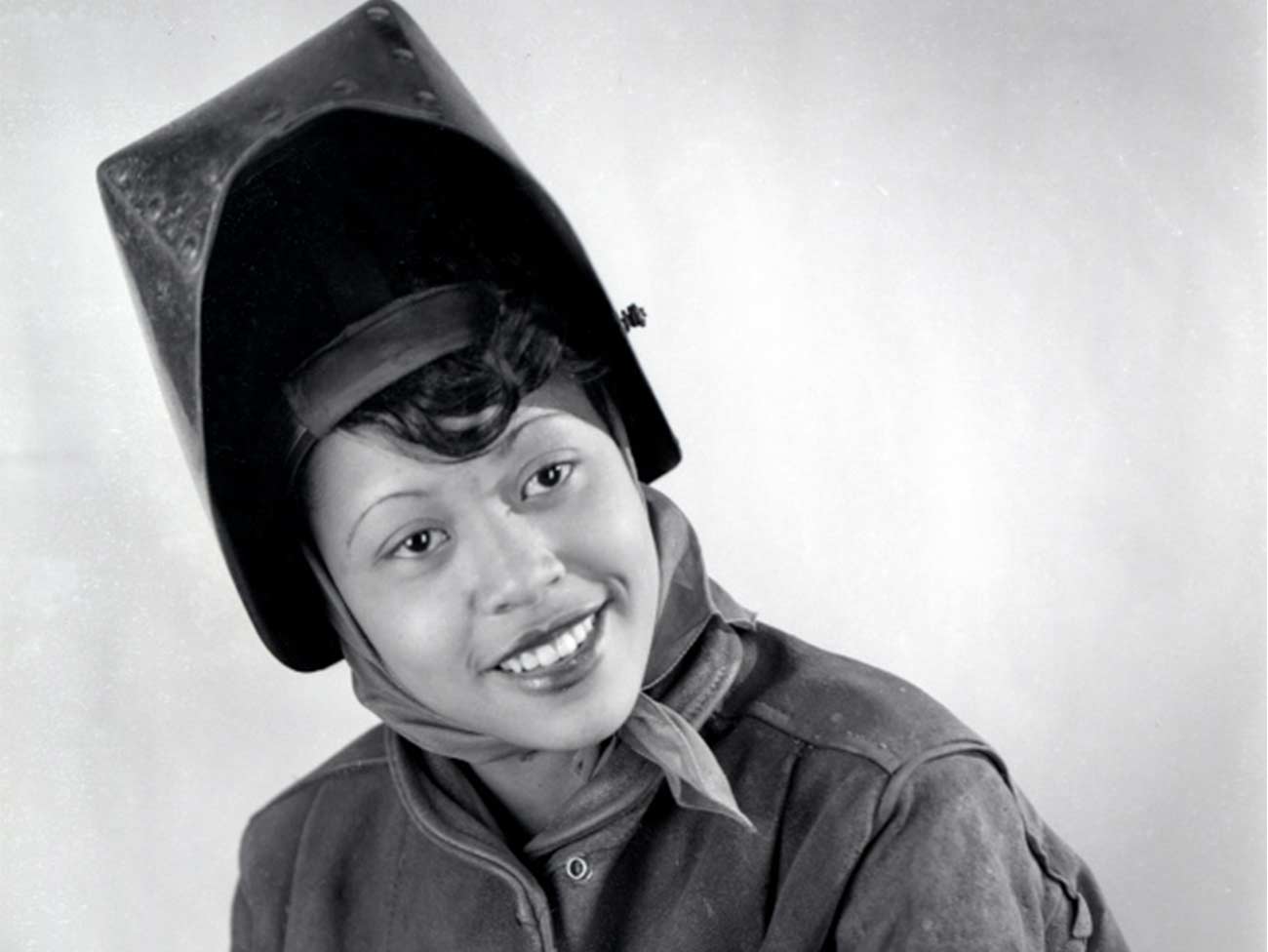
March 8, 2018
Slacks, not slackers — women’s role in winning World War II
Women who worked in the Kaiser shipyards helped lay the groundwork for …
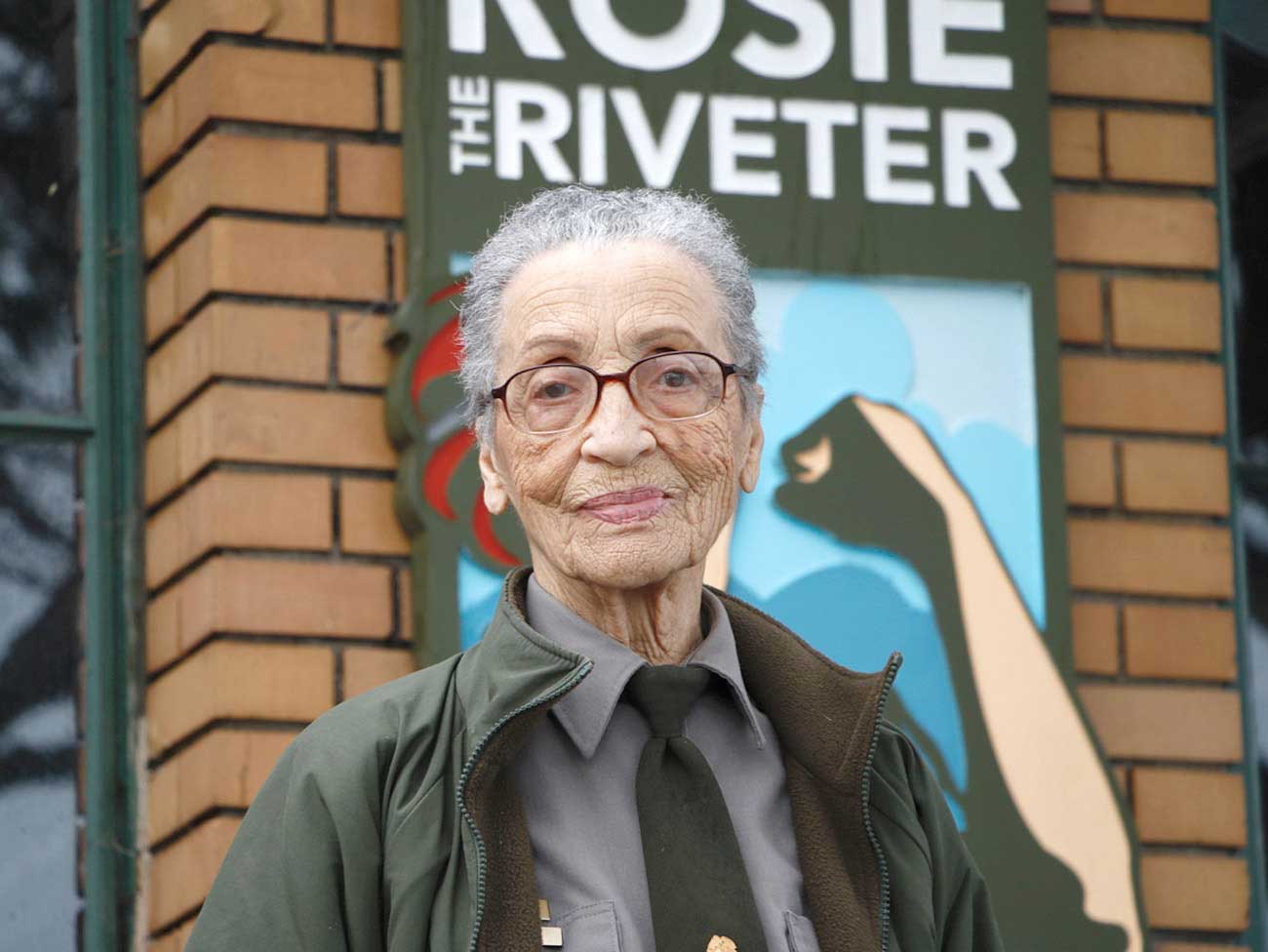
February 22, 2018
The amazing true story of Park Ranger Betty Reid Soskin
She is the oldest national park ranger in the country with a legacy of …
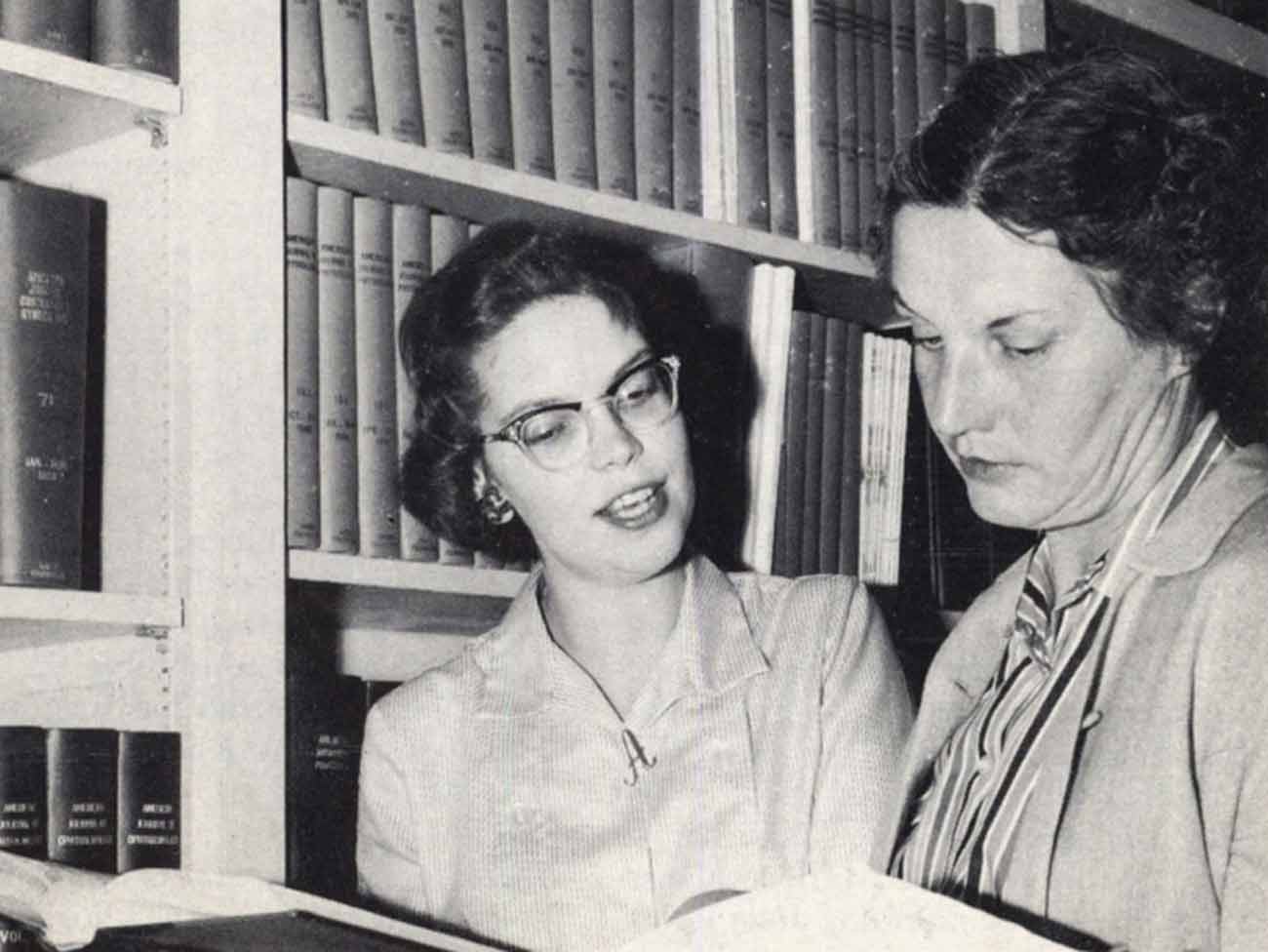
December 19, 2017
From boats to books: A history of Kaiser Permanente’s medical libraries
Kaiser Permanente librarians are vital in helping clinicians remain updated …
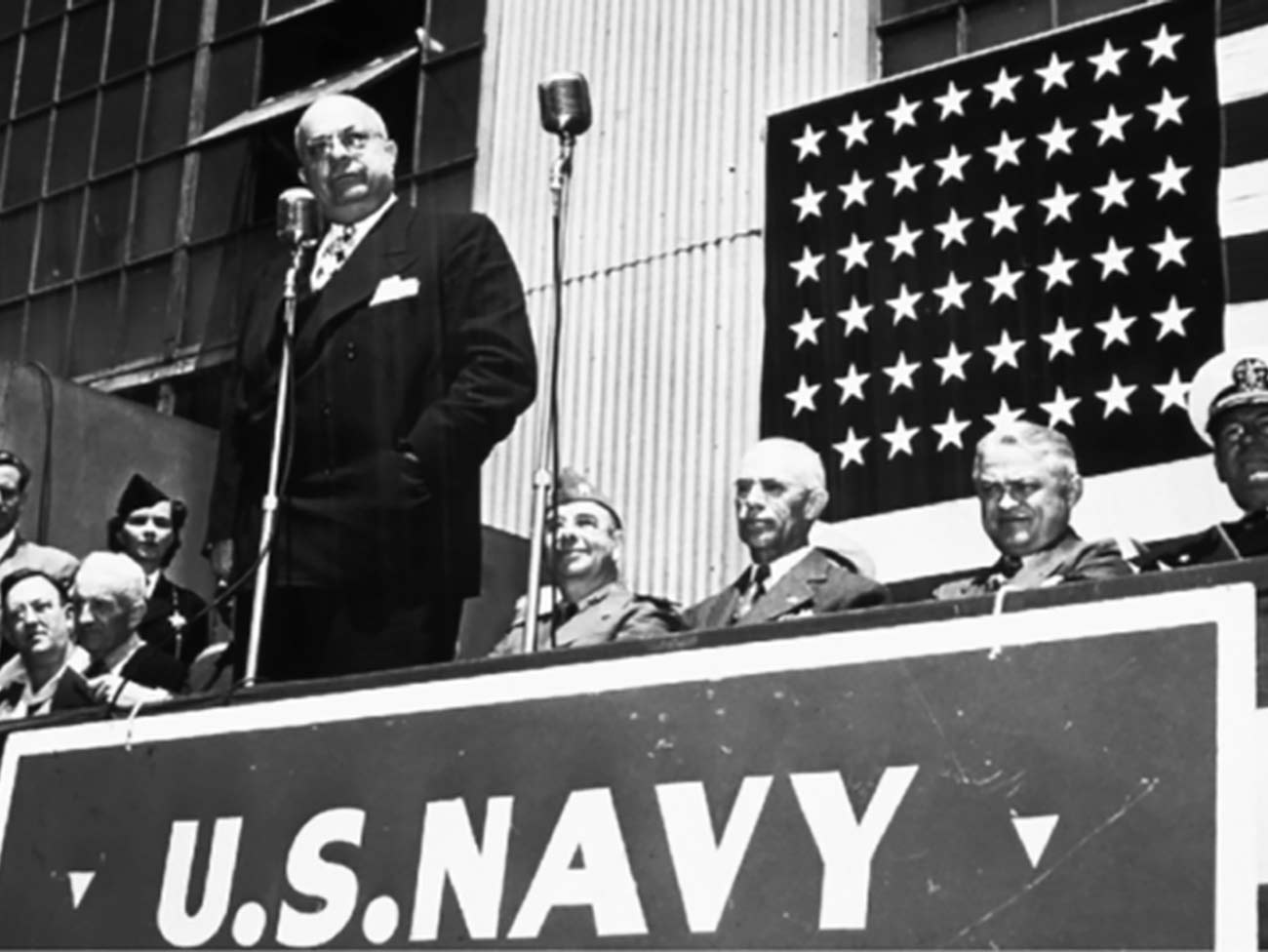
November 7, 2017
Patriot in pinstripes: Honoring veterans, home front, and peace
Henry J. Kaiser's commitment to the diverse workforce on the home front …
